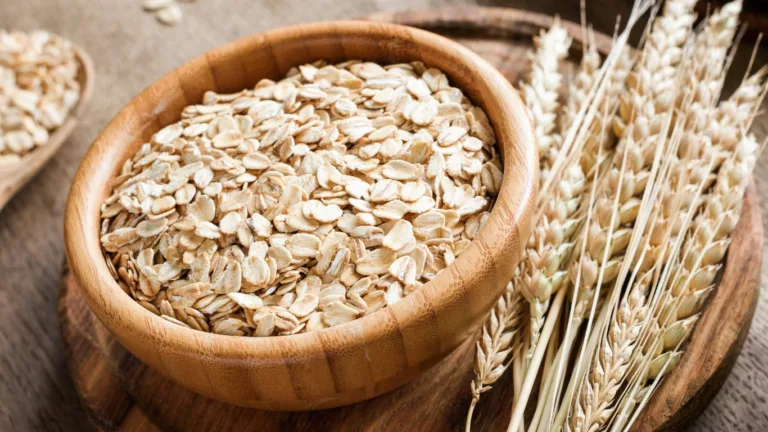Proven Strategies to Control GERD Long-Term and Reclaim Digestive Comfort
If you’ve ever found yourself Googling late at night how to stop that relentless burn in your chest once and for all, you’re not alone. GERD, or gastroesophageal reflux disease, can be more than just an occasional nuisance—it can interfere with sleep, meals, and even your confidence in social settings. But here’s the honest truth: while GERD isn’t always a quick fix, many people have found lasting relief with consistent strategies. Let’s talk about what actually works.
Start with the Foundation: Lifestyle First

Why Small Habits Have a Big Impact
You don’t need a cabinet full of pills to start feeling better. Often, the most powerful changes come from how—and when—you eat, sleep, and move. The lower esophageal sphincter (LES), the muscle that keeps stomach acid in its place, is sensitive to pressure and timing. Late-night meals, overeating, or lying down too soon after eating can all weaken this barrier.
- Eat smaller meals spaced throughout the day
- Avoid eating 2–3 hours before bed
- Sleep with your head elevated—a wedge pillow works wonders
These may sound basic, but they’re often the first things overlooked. And they work.
Addressing the Root Triggers of Acid Reflux

Identify Your Personal Reflux Setups
One person’s morning orange juice might be another’s reflux nightmare. Spicy food, chocolate, caffeine, fatty meals—they’re all on the usual suspect list. But your body is unique. Tracking what you eat and how you feel can help you spot patterns. Try a 14-day GERD food diary and use it to guide your diet going forward.
If you’re wondering where GERD stands in terms of long-term disease management, this comprehensive guide on GERD’s chronic nature breaks it down clearly. It’s a smart companion read to this strategy-based article.
Food Swaps for Relief
- Choose oatmeal instead of sugary breakfast pastries
- Opt for grilled chicken over fried fast food
- Replace soda with herbal teas or alkaline water
The more you reduce inflammatory foods and irritants, the more your esophagus can heal.
Medications: A Short-Term Tool, Not a Lifetime Solution

The Role of PPIs and H2 Blockers
For many, medications like proton pump inhibitors (PPIs) or H2 blockers are the first line of defense. And they can be effective—especially during severe flares. But the key is not to rely on them forever without addressing the underlying issues. Long-term use can lead to side effects like vitamin B12 deficiency or increased infection risk.
Use them as a bridge while making deeper dietary and lifestyle shifts.
Weaning Off Safely
Always talk to your doctor before reducing medication. Taper slowly to avoid rebound acid. During this phase, doubling down on non-triggering foods and gut-supportive habits is essential.
Natural Remedies That Complement Your Plan

Supplements That May Help
Several natural options support the digestive tract without suppressing stomach acid completely. Some of the more well-researched include:
- Licorice Root (DGL) – Helps protect the esophageal lining
- Slippery Elm – Forms a soothing coating along the GI tract
- Melatonin – May support LES tone, especially at night
They won’t replace your foundation habits, but they may speed up healing or reduce dependence on pharmaceuticals.
Managing GERD Is a Journey—Not a Quick Fix

Build a System That Works for You
If you’re serious about long-term relief, think like a detective. Investigate, eliminate, test, and adapt. Your goal isn’t perfection—it’s progress. GERD is different for everyone. Some people achieve full remission; others manage it with lifestyle mastery. Either way, the goal is less pain, more freedom, and better days.
For more on the deeper nature of GERD and its chronic tendencies, don’t miss this helpful analysis: Is GERD Curable or Chronic?

Camellia Wulansari is a dedicated Medical Assistant at a local clinic and a passionate health writer at Healthusias.com. With years of hands-on experience in patient care and a deep interest in preventive medicine, she bridges the gap between clinical knowledge and accessible health information. Camellia specializes in writing about digestive health, chronic conditions like GERD and hypertension, respiratory issues, and autoimmune diseases, aiming to empower readers with practical, easy-to-understand insights. When she’s not assisting patients or writing, you’ll find her enjoying quiet mornings with coffee and a medical journal in hand—or jamming to her favorite metal band, Lamb of God.







